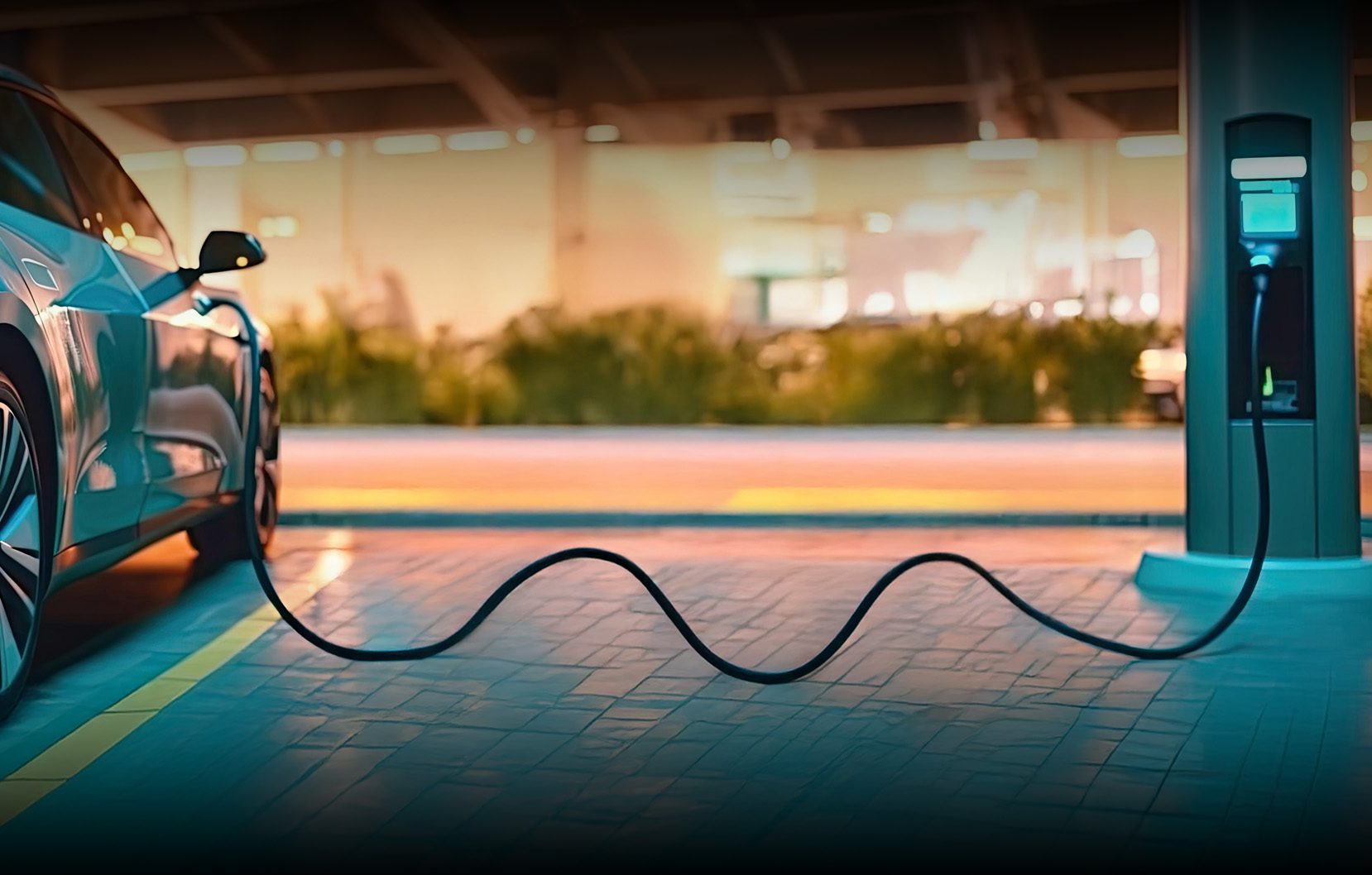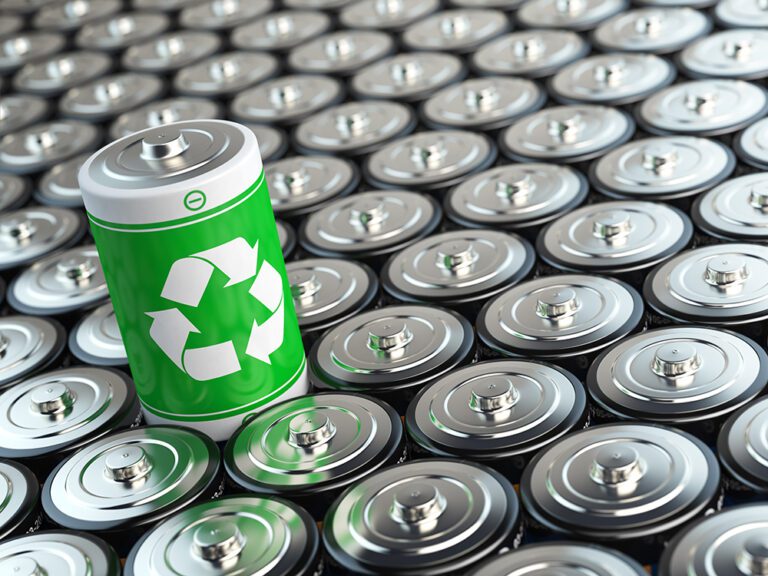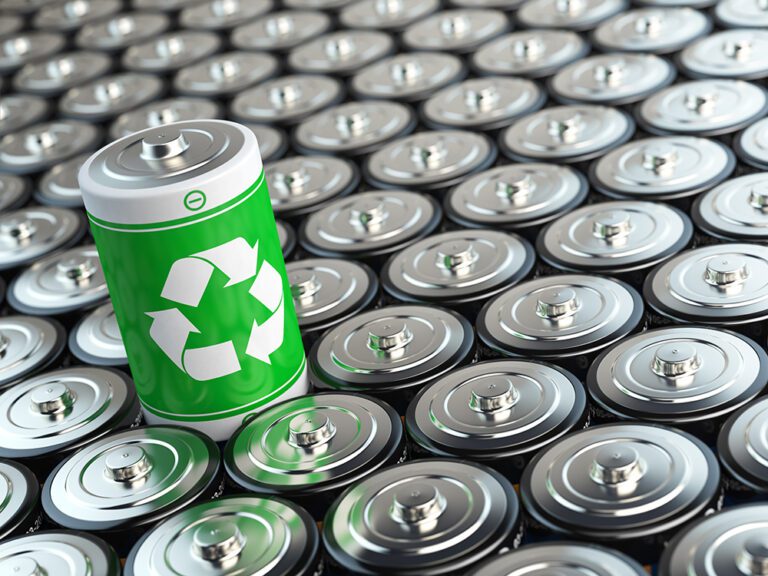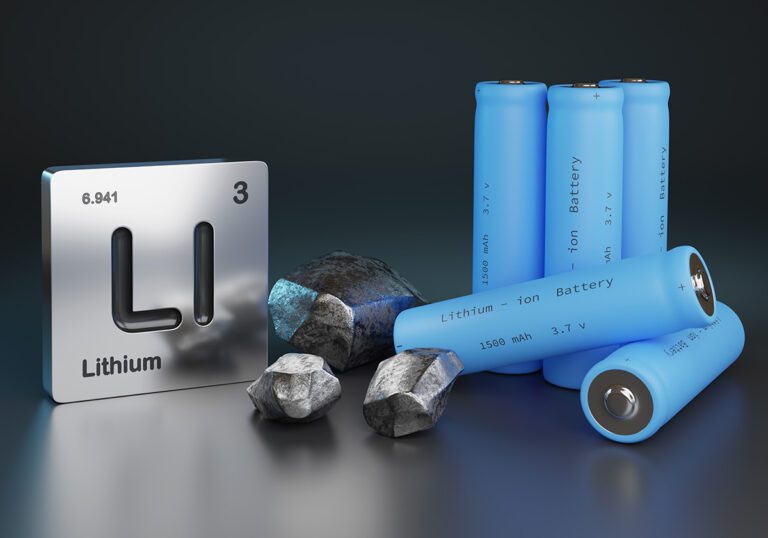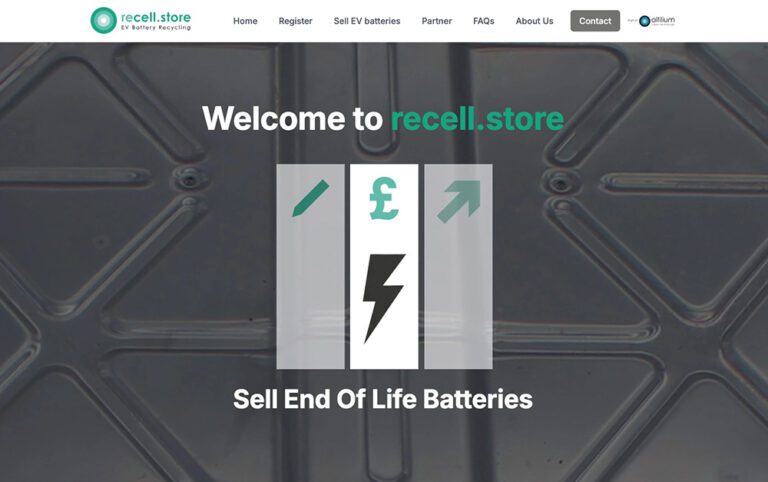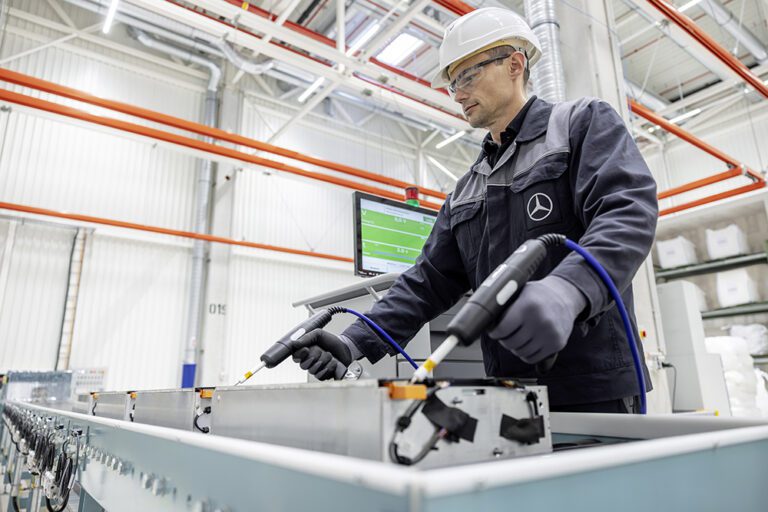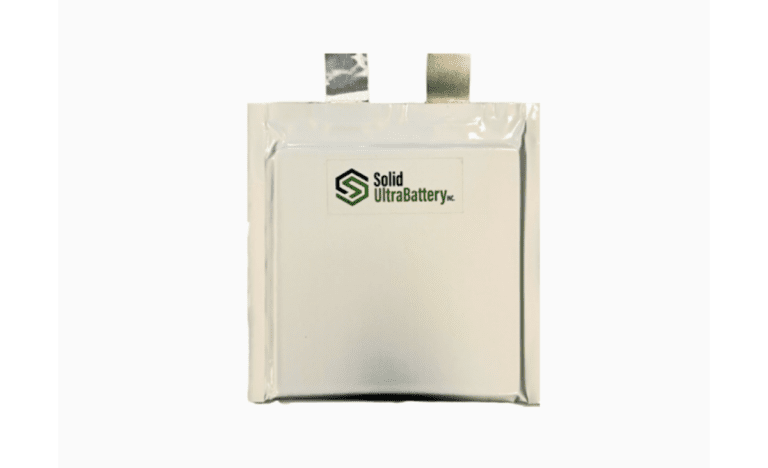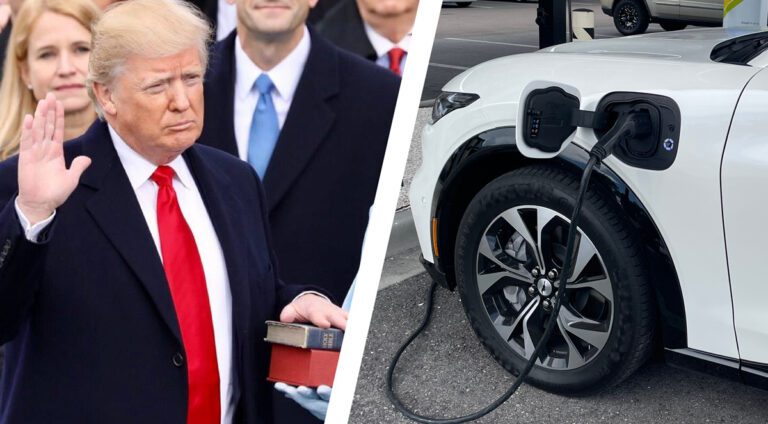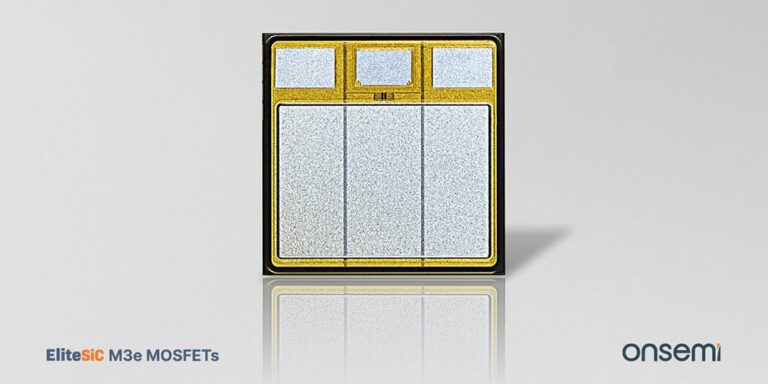Materials recovered from end-of-life batteries and gigafactory scrap have the potential to build up to 2.4 million EVs in Europe by the end of the decade, cutting the continent’s reliance on mineral imports, according to research by non-governmental sustainability group Transport & Environment (T&E). Recycling spent battery cells and production scrap could provide 14% of… Read more »
Search Results Found For: "raw material"
ZF opens new EV axle drive plant in China
German automotive and industrial systems manufacturer ZF has opened its third plant in Shenyang, China, known as ZF Electric Mobility Systems, to produce and sell products such as electric axle drives for EVs. The transfer of production lines and equipment to the Shenyang plant is proceeding. The next stage will focus on refining the electric… Read more »
Tennessee Tech receives $4.8-million federal grant to improve EV battery recycling
Researchers at Tennessee Tech University are set to receive a $4.8-million grant from the US Department of Energy to help improve the nation’s EV battery recycling ecosystem. The grant is part of a $45-million federal initiative supporting projects at eight businesses or institutions, including General Motors, Caterpillar and Siemens. Tennessee Tech University’s project aims to… Read more »
XCharge and Grensol partner to improve recycling solutions for EVSE supply chain waste
XCharge North America, a provider of DC fast charging solutions, is working with Swiss startup the Grensol Group to address the challenge of reducing the end-of-life waste associated with EVSE—specifically EV charging cables and modules. Effective immediately, XCharge NA will provide broken or worn-down EVSE materials to Grensol and its research partner Worcester Polytechnic Institute… Read more »
General Motors to invest $625 million in new Lithium Americas JV
General Motors (GM) has entered into a new investment agreement with Lithium Americas to establish a joint venture (JV) to fund, develop, construct and operate the Thacker Pass lithium carbonate project in Humboldt County, Nevada. GM will provide $430 million of direct cash funding and a $195 million letter of credit facility to support the… Read more »
Altilium launches online platform for selling end-of-life EV batteries
UK-based clean technology group Altilium has launched a new online platform that offers businesses a way to sell spent EV batteries. Altilium’s Recell.store provides an online interface for UK businesses looking to sell used batteries for recycling or second-life applications. Users can register their details in Recell.store’s database and get a quote for their battery… Read more »
Mercedes-Benz opens battery recycling factory in Germany
Mercedes-Benz has opened its own EV battery recycling plant in Kuppenheim, Germany, which uses an integrated mechanical-hydrometallurgical process to recover raw materials. The plant has an annual capacity of 2,500 metric tons and an expected recovery rate of more than 96%. The plant carries out all steps, from shredding battery modules to drying and processing… Read more »
Volt Carbon Technologies develops lithium battery functional to -80° C
Canadian battery raw material and technology developer Volt Carbon Technologies has designed a high-entropy electrolyte to improve battery performance at low temperatures, which has demonstrated functionality at temperatures as low as -80° C in testing. Solid UltraBattery, a Volt subsidiary, in collaboration with Volt Board Member, Dr. Aiping Yu, Professor and Director of the Carbon… Read more »
Could a new administration claw back EV and renewable energy investments?
The Republican presidential candidate has said some pretty rude things about EVs over the years. In particular, he has called President Biden’s Inflation Reduction Act (IRA), which despite its name is mainly a package of incentives for EV adoption and domestic production of EV components and raw materials, a “green new scam,” and has promised… Read more »
onsemi to provide SiC power box solution for Volkswagen Group’s next-gen EVs
Power and sensing technology specialist onsemi has signed a multi-year deal with the Volkswagen Group to be the primary supplier of a complete power box solution as part of a next-generation traction inverter for the automaker’s Scalable Systems Platform (SSP). The solution features silicon carbide-based technologies in an integrated module that can scale across all… Read more »

